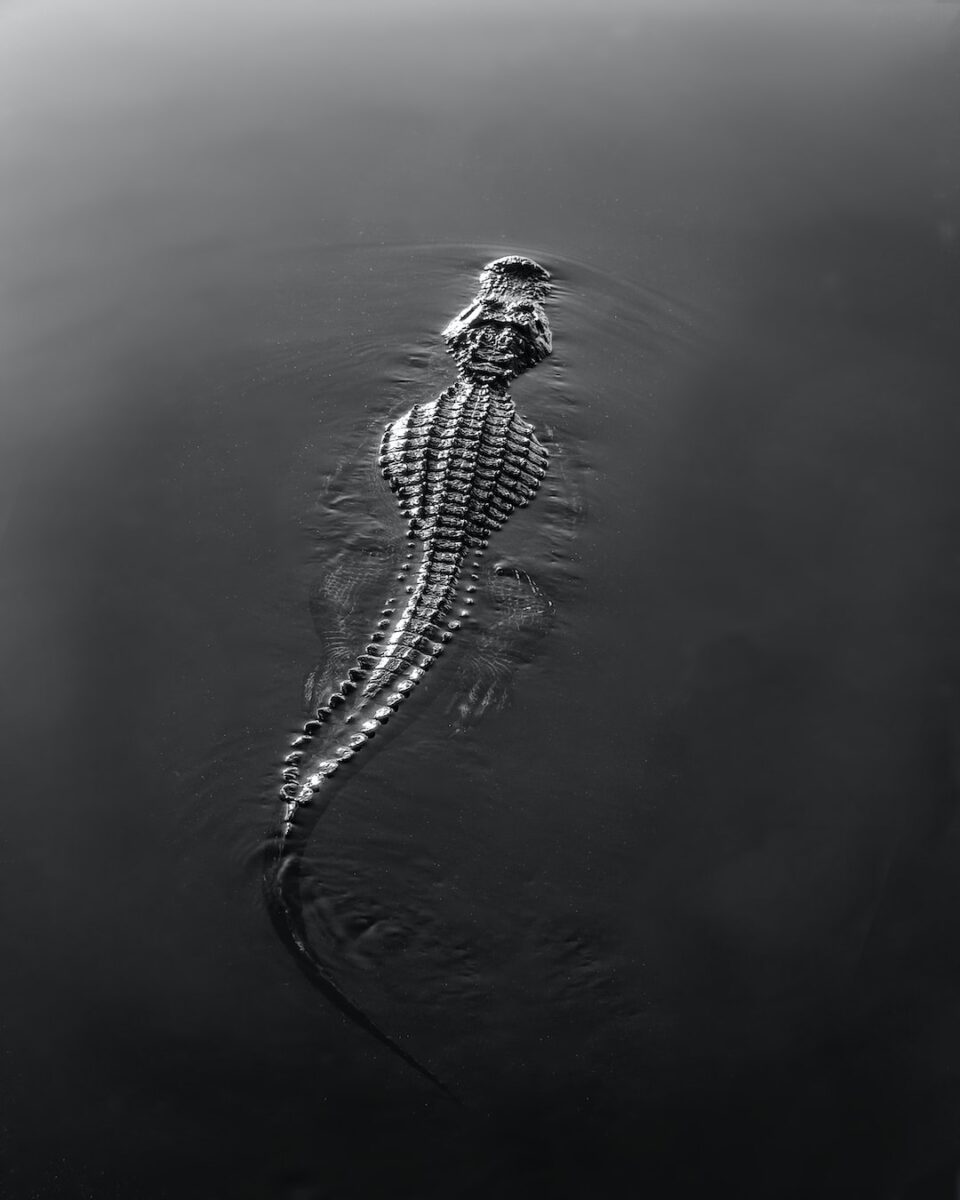Title: Protecting Endangered Marine Species: What Can We Do?
Introduction
Our planet is home to an incredible diversity of marine life, with thousands of species thriving in the world’s oceans. Unfortunately, many of these species are under threat due to human activities, such as pollution, overfishing, and habitat destruction. As responsible inhabitants of this planet, it falls upon us to take action and protect these endangered marine species. In this blog post, we will explore the importance of protecting these creatures and suggest several ways in which we can contribute to their preservation.
Understanding the Importance of Marine Species
Marine species play a crucial role in maintaining the balance and health of our ecosystems. They contribute to nutrient recycling, coastal protection, and even climate regulation. Additionally, marine organisms have provided us with numerous medical advancements, including potential treatments for cancer and other diseases. Therefore, every time we lose a species, we not only lose a unique and awe-inspiring creature but also disrupt the intricate web of life on our planet.
Recognizing Threats to Marine Species
Before we delve into actionable steps for conservation, it is essential to understand the threats that endangered marine species face. The primary culprits are pollution, overfishing, habitat destruction, and climate change.
Pollution, including plastic waste and chemical contaminants, poses a significant threat to marine species. This pollution can poison marine life, entangle them, or disrupt their reproductive systems. Overfishing, which often leads to the decline of key species, can result in imbalances within ecosystems and even the collapse of fisheries. Habitat destruction, caused by activities such as coastal development and coral reef destruction, strips marine species of their natural habitats. Lastly, climate change poses multiple threats, including rising sea temperatures, ocean acidification, and coral bleaching, all of which directly impact the survival of marine organisms.
Taking Action for Conservation
1. Adopt Eco-Friendly Habits: One of the most effective ways to protect marine species is by adopting sustainable habits in our daily lives. Reduce, reuse, and recycle whenever possible. Minimize the use of single-use plastics, such as plastic bags and straws, which often end up in the oceans. Opt for eco-friendly alternatives and support initiatives that promote the reduction of plastic waste.
2. Support Sustainable Seafood Practices: Overfishing is a significant threat to marine species. Seek out sustainably sourced seafood options when dining out or grocery shopping. Look for labels such as Marine Stewardship Council (MSC) or the Aquaculture Stewardship Council (ASC), indicating that the product is sustainably sourced.
3. Engage in Responsible Tourism: When visiting coastal areas or marine destinations, choose tour operators and activities that prioritize the protection of marine species. Avoid activities that involve direct contact with marine wildlife, such as swimming with captive dolphins, as these can negatively impact their well-being. Instead, opt for responsible activities like snorkeling or scuba diving with certified operators who respect marine life.
4. Support Marine Conservation Organizations: Consider supporting local and international organizations dedicated to the protection of endangered marine species. These organizations work on various fronts, including research, education, and policy change. By donating or volunteering, you can contribute to their efforts and amplify their impact.
5. Educate Others: Knowledge is a powerful tool for conservation. Spread awareness about endangered marine species and their importance to our planet. Encourage others to take action by sharing information through social media, participating in awareness events, or hosting educational workshops. Together, we can make a meaningful difference.
Conclusion
Protecting endangered marine species is an urgent and collective responsibility that requires comprehensive action. By adopting eco-friendly habits, supporting sustainable seafood practices, engaging in responsible tourism, supporting marine conservation organizations, and educating others, we can contribute to the preservation of these magnificent creatures. Let us remember that the future of our oceans and our own well-being are intrinsically tied to the health of these species, and it is up to us to ensure their continued survival.


